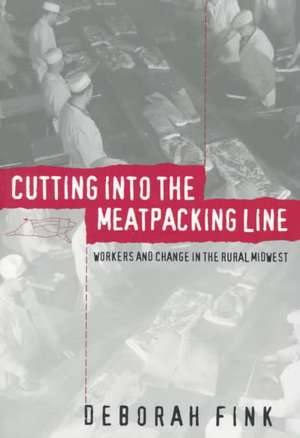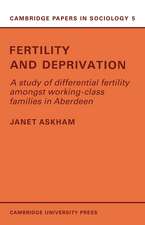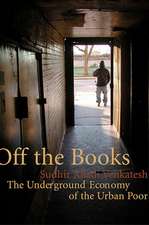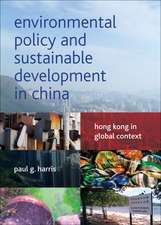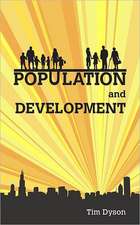Cutting Into the Meatpacking Line: Workers and Change in the Rural Midwest: Studies in Rural Culture
Autor Deborah Finken Limba Engleză Paperback – 31 mar 1998
Preț: 389.17 lei
Nou
Puncte Express: 584
Preț estimativ în valută:
74.47€ • 79.63$ • 62.09£
74.47€ • 79.63$ • 62.09£
Carte tipărită la comandă
Livrare economică 17 aprilie-01 mai
Preluare comenzi: 021 569.72.76
Specificații
ISBN-13: 9780807846957
ISBN-10: 0807846953
Pagini: 256
Dimensiuni: 156 x 235 x 18 mm
Greutate: 0.44 kg
Ediția:New.
Editura: University of North Carolina Press
Seriile Studies in Rural Culture, Studies in Rural Culture
ISBN-10: 0807846953
Pagini: 256
Dimensiuni: 156 x 235 x 18 mm
Greutate: 0.44 kg
Ediția:New.
Editura: University of North Carolina Press
Seriile Studies in Rural Culture, Studies in Rural Culture
Textul de pe ultima copertă
The nostalgic vision of a rural Midwest populated by independent family farmers hides the reality that rural wage labor has been integral to the region's development, says Deborah Fink. Focusing on the porkpacking industry in Iowa, Fink investigates the experience of the rural working class and highlights its significance in shaping the state's economic, political, and social contours. Fink draws both on interviews and on her own firsthand experience working on the production floor of a pork-processing plant. She weaves a fascinating account of the meatpacking industry's history in Iowa - a history, she notes, that has been experienced differently by male and female, immigrant and native-born, white and black workers. Indeed, argues Fink, these differences are a key factor in the ongoing creation of the rural working class. Other writers have denounced the new meatpacking companies for their ruthless destruction of both workers and communities. Fink sustains this criticism, which she augments with a discussion of union action, but also goes beyond it. She looks within rural midwestern culture itself to examine the class, gender, and ethnic contradictions that allowed - indeed welcomed - the meatpacking industry's development.
